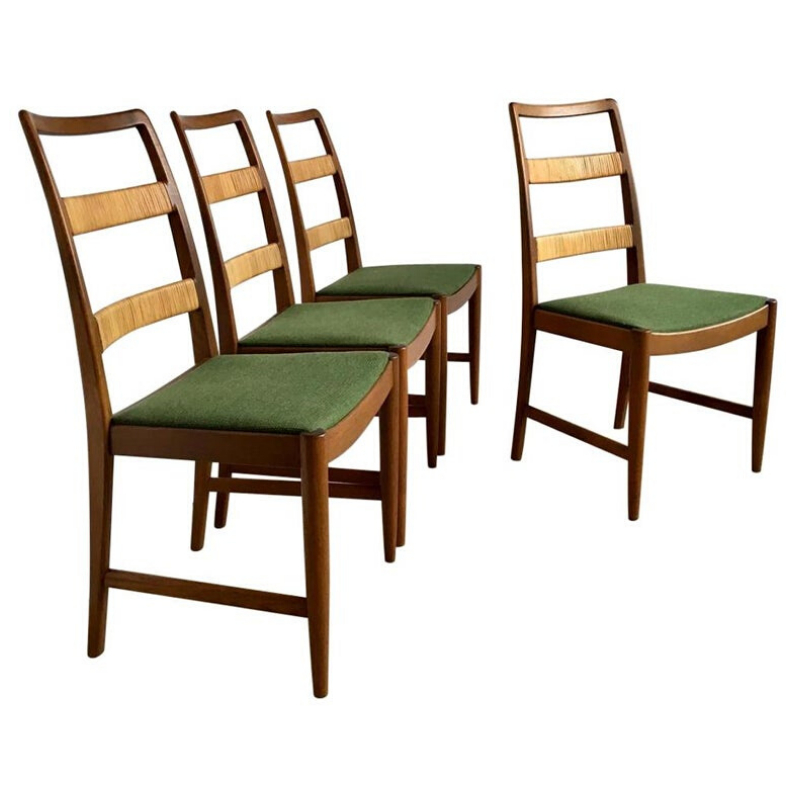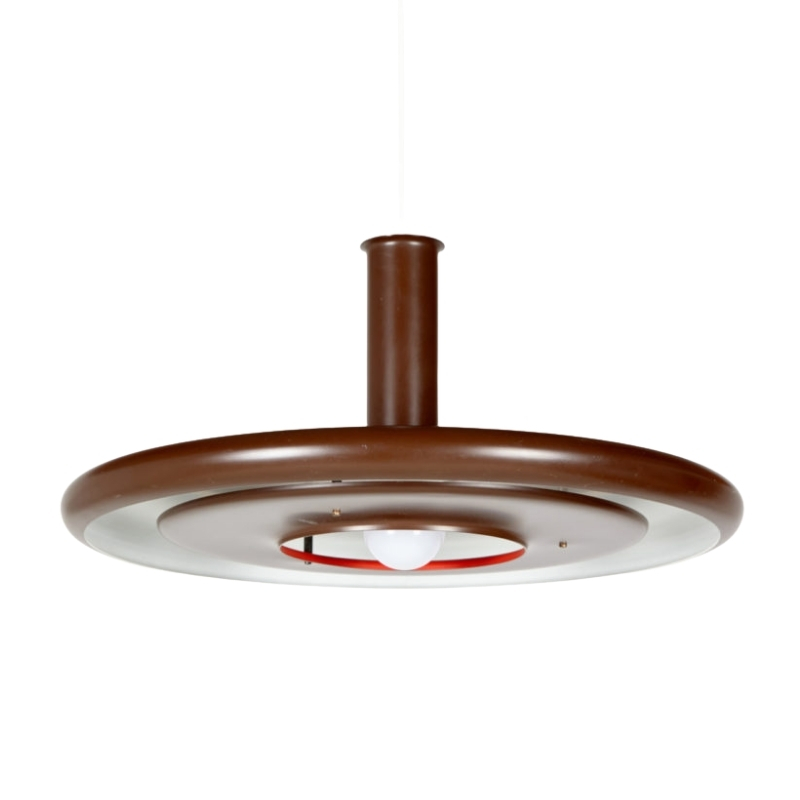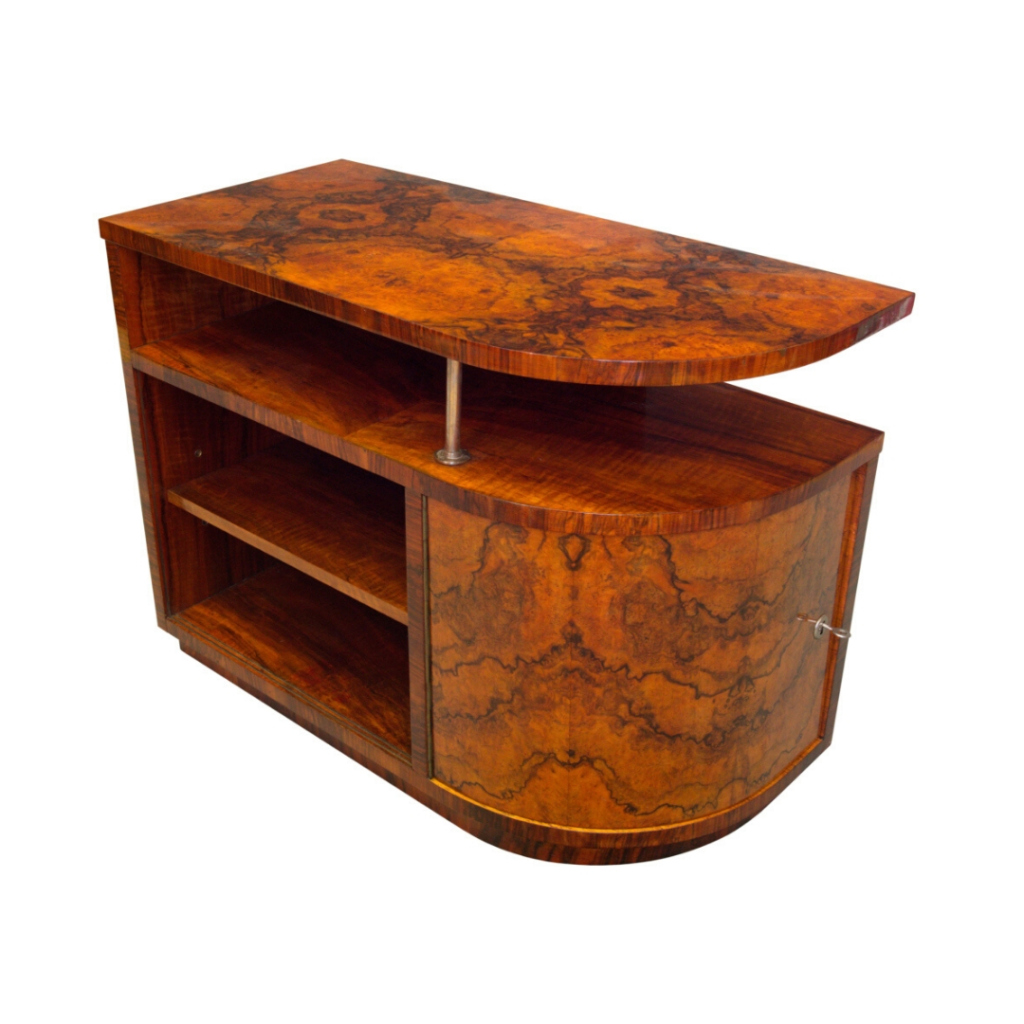I am searching for designers autobiography books... I couldn?t find any in my local book store so I thought I can get help from the expertise. I have a list of designers that am curious about such as Philippe Starck, Karim Rashid, Zaha Hadeed, Coco Chanel, Galiano? and others. Most of the books that I found in the bookstore where focusing on the designers work mostly containing images of his/her designs which is the end result of years of experience and practice. What I am looking for is to know more about the designers life rather than his/her designs? his childhood, background, the environment and culture that he/she lived in, their role model and whom they were influenced by?? and all other factors that made them great designers today?
Can anyone recommend a good book??
I don't think I can give you a formal autobiography, but...
Wassily Kandinsky's books have influenced my thinking alot and they are full of autobiographical insights about Kandinsky's thoughts about his life and his art. Frankly, I look at all his writings, whether technically focused, or waxing spiritual, or in between, as being a string of autobiographical pearls. Kandinsky, more than any other source, opened up the world or design to this layman, at a level of sophistication that made me know that artists were operating on as high an intellectual plane as scientists and philosophers.
Complexity and Contradiction by Robert Venturi is commonly viewed as a scholarly work, but it is really an autobiographical recollection of how he came to think the way he did about complexity and contradiction in architencture. I think this book should be required reading for anyone with a mind and a soul and an interest in architecture and design, whether or not one arrives at the same conclusions Venturi did. The book reveals the power of an artist's mind to transmogrify even the most formidable historical legacies into something new and living and breathing.
Finally, if you can stand autobiography at a second degree of freedom, read "Michelangelo's Theory of Art" by Robert J. Clements. This book made me profoundly understand that artists/sculpturs/architects have grappled for hundreds if not thousands of years with the same essential problems as those of today. This is both extremely liberating and extremely humbling. I call it autobiography with a second degree of freedom, because Clements has attempt to articulate the theory of art Michelangelo would have, had he ever set down to do it. In so doing, Clement relies heavily on the extensive poetry (personal verse not for publication, mostly for helping Michelangelo mediate on problems) and other writing that Michelangelo left behind. These give amazing insight into what he thought about aesthetics and about working with patrons and so forth. Combined with quotes of statements Michelangelo allegedly made recorded by several of his contemporaries, Clements makes a remarkable document of what Michelangelo thought about aesthetics, politics, art, various traditions of art, and about himself. No one who gives a damn about art and design should skip this book. As a teaser, Michelangelo was as complex and multi faceted as his art, while being blunt as a broad ax in much of his expression. The man had a burning need to reveal the form within any stone, be it a hunk of marble, or an intellectual construct. He was both the stereotypes you have read about and seen in movies, but he was also vastly subtle and dexterous in his thinking and remarkably analytic and cunning. Lastly, he could make compromises with the devil to do his work. You won't totally like Michelangelo, but you'll damn sure wish you could have interned with him for a year.
Hope these help some.
While
it is no doubt natural to equate the person, and the personality, with the work, I believe this pursuit will leave one with less than one might hope for, in terms of a concordance with, and (perhaps ?) a means of predicting, creativity, based on the subject's environment, family history, education, and/or personal behavior. In my (admittedly limited and anecdotal) experience, there just doesn't seem to be that much correlation between any one set of "inputs" -- and there are an unlimited number of them, and an infinite number of possible combinations -- to any known artist or designer, and the fact of his or her being a creative, productive person.
The one individual I have spent some considerable effort in studying, the architect Frank Lloyd Wright, certainly stands as an example of my thesis; unless one believes in the mumbo-jumbo of his mother's reported belief that her son would become a great architect, there just isn't any real predictor in his early history to point to his eventual accomplishment -- and the failings of his personal behavior stand in direct opposition to the greatness of that accomplishment, in my view.
What little reading I have done on the lives of other artists and designers, points to the same disconnect, I believe. Creativity seems to me to come unpredictably, and unbidden, into the lives of those who possess it.
But I await evidence to the contrary.
.
There are damn few books on the (whole life) of say a furniture,lamp,textile designer.Large numbers on building designers(they have a special title ARCHITECT... F.L.W. being a prime example.In fashion design you do see more focus on lives and personality of the designer.And painters! the books are legion, even the most obscure seem to have at least one or two.There are a number of important furniture designers who are yet to have a single book...
If you need any help, please contact us at – info@designaddict.com









